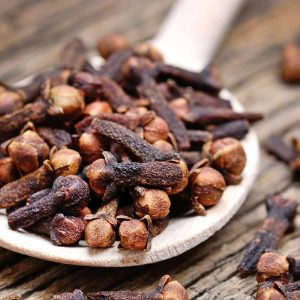Description
Widespread Applications:
Clove oil is widely used in the production of:
-
Toothpaste
-
Perfumes
-
Food preservatives
-
Cosmetics
-
Alternative anesthetics
With such versatile applications, global demand for clove oil remains consistently high.
Types of Clove Oil:
There are three main types of clove oil on the market:
-
Clove Bud Oil (CBO) – Extracted from dried flower buds
-
Clove Stalk Oil (CSO) – Extracted from the stems/stalks
-
Clove Leaf Oil (CLO) – Extracted from the leaves
Among these, CSO (Clove Stalk Oil) is highly regarded for its eugenol content, which ranges from 78% to 85%. Eugenol is a valuable compound used extensively in pharmaceutical, food, and cosmetic industries.
High Oil Yield:
Clove stalks, though seasonal, offer a high oil yield—3% to 5%, meaning 100 kg of dried stalks can produce 3–5 kg of oil. The leftover distilled stalks are also valuable, often dried again and sold to the traditional cigarette industry.
Supply Challenges:
Despite the quality, clove stalks are only available during the harvest season, whereas industry demand continues year-round. This leads to the use of clove leaves for oil extraction. However, leaf oil contains less eugenol (58% to 75%) and yields only about 2 kg of oil per 100 kg of dried leaves.
Large-scale distillation (using boilers that hold 300 kg to 1 ton of leaves) demands enormous quantities of raw material. A single hectare of clove trees may not suffice for even one full distillation process, potentially leading to overharvesting of leaves and stressing the environment.




















Reviews
There are no reviews yet.